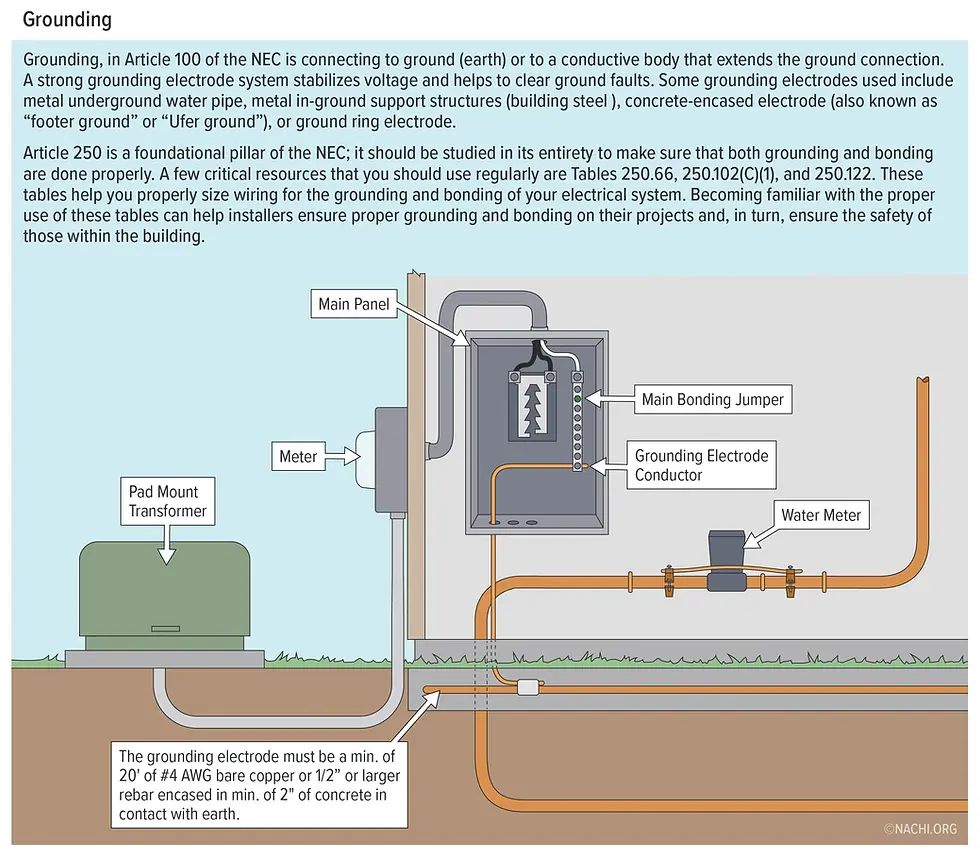How Building Code Knowledge Benefits Both Buyers and Sellers in a Commercial Property Inspection
- Joshua Mook
- Aug 1, 2025
- 3 min read
When it comes to commercial real estate, knowledge is power — and that’s especially true during a commercial property inspection. At Mook Property Inspections, we follow the CCPIA Commercial Standards of Practice (ComSOP), which outline the scope of a baseline commercial inspection. While code compliance isn’t the primary objective of a commercial inspection, having an inspector who understands commercial building codes can offer serious value to both buyers and sellers.
Here’s why.
🏢 What the ComSOP Says About Code
Per the ComSOP, a commercial property inspection is not a code compliance inspection. It is a visual, non-invasive survey meant to assess the condition of the building and its systems.
However, the ComSOP also recognizes that a knowledgeable inspector may use code references or standards to provide context or justify recommendations — especially when safety, durability, or functionality is at stake.
That’s where our building code training comes in.
🔍 For Buyers: Informed Risk Management
When you’re buying a commercial property — whether it’s a warehouse, retail space, or multi-unit building — you’re making a major investment. A code-knowledgeable inspector can help identify:
Outdated life safety systems, such as non-compliant emergency exits or missing fire separation walls
Improper renovations or additions that may not meet fire, electrical, accessibility, or structural code
Deferred maintenance that, while not a violation, could result in future code compliance costs
Our goal? To help buyers understand not just what’s broken, but what might become a liability — including issues that could affect permitting, insurance, or occupancy down the road.
💼 For Sellers: Proactive Problem Solving
Sellers can benefit just as much. A pre-listing inspection with a code-savvy commercial inspector allows you to:
Identify code-relevant red flags before the buyer does
Make targeted repairs that boost buyer confidence
Avoid surprises that could delay or derail a transaction
You don’t need to bring your property up to brand-new code — but addressing major or safety-related discrepancies in advance can help justify your asking price and streamline the negotiation process.
🧠 How Code Familiarity Enhances the ComSOP Approach
Under the ComSOP, inspectors document observable conditions and provide recommendations based on experience and judgment. When that judgment is grounded in current or legacy building code knowledge, we’re able to:
Give more accurate and actionable insights
Help clients prioritize issues based on risk and urgency
Communicate concerns clearly to contractors, engineers, or code officials during follow-up
🔧 Real-World Examples
A buyer may not realize that a warehouse’s lack of fire sprinklers is a grandfathered condition — but still a major liability if future occupancy changes.
A seller may overlook ADA compliance issues in restrooms or entries — something a buyer’s lender or insurer might require corrected before closing.
Electrical panels or HVAC systems may “function,” but if installed without permits or against code, they could be flagged during renovations or occupancy upgrades.
At Mook Property Inspections, We Bring More to the Table
Our inspectors are trained in the CCPIA ComSOP and maintain a strong understanding of applicable building codes, including:
International Building Code (IBC)
ADA Accessibility Guidelines
NFPA Life Safety Codes
Local jurisdictional standards
That means when you Have Mook Take A Look, you’re getting a clearer picture of your building’s condition — and how it aligns with today’s commercial standards.
Buying or selling commercial property? Know what you’re walking into.
Trust Mook Property Inspections to deliver the clarity and confidence you need to move forward.
📞 Contact us today to schedule your commercial inspection.
Mook Property Inspections — Have Mook Take A Look.



Comments